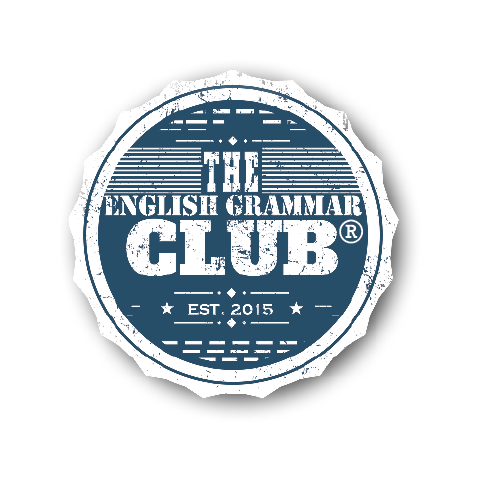A Phrase is a group of words that is used as a single part of speech.
A Prepositional Phrase, always used as either an adjective or an adverbial modifier, consists of a preposition with its object and the modifiers of the object; as, He lives in London, Mr. Bolton is the manager of the company, The letter is in the nearest desk.
There are also Verb-phrases. A Verb-phrase is a phrase that serves as a verb; as, I am coming, He should be told, He should have been told.
A Clause is a group of words containing a subject and a predicate; as, The man that I saw was tall. The clause, that I saw, contains both a subject, I, and a predicate, saw. This clause, since it merely states something of minor importance in the sentence, is called the Subordinate Clause.
The Principal Clause, the one making the most important assertion, is, The man was tall. Clauses may be used as adjectives, as adverbs, and as nouns. A clause used as a noun is called a Substantive Clause. Examine the following examples:
Adjective Clause: The book that I want is very rare.
Adverbial Clause: He came when he had finished with the work.
Noun Clause as subject: That I am here is true.
Noun Clause as object: He said that I was mistaken.
Adverbial Clause: He came when he had finished with the work.
Noun Clause as subject: That I am here is true.
Noun Clause as object: He said that I was mistaken.
Sentences, as to their composition, are classified as follows:
Simple; a sentence consisting of a single statement; as, The man walks.
Complex; a sentence consisting of one principal clause and one or more subordinate clauses; as, The man that I saw is tall.
Compound; a sentence consisting of two or more clauses of equal importance connected by conjunctions expressed or understood; as, The man is tall and walks rapidly, and Watch the little things; they are important.
Adapted from: Practical Grammar and Composition, by Thomas Wood


Comments